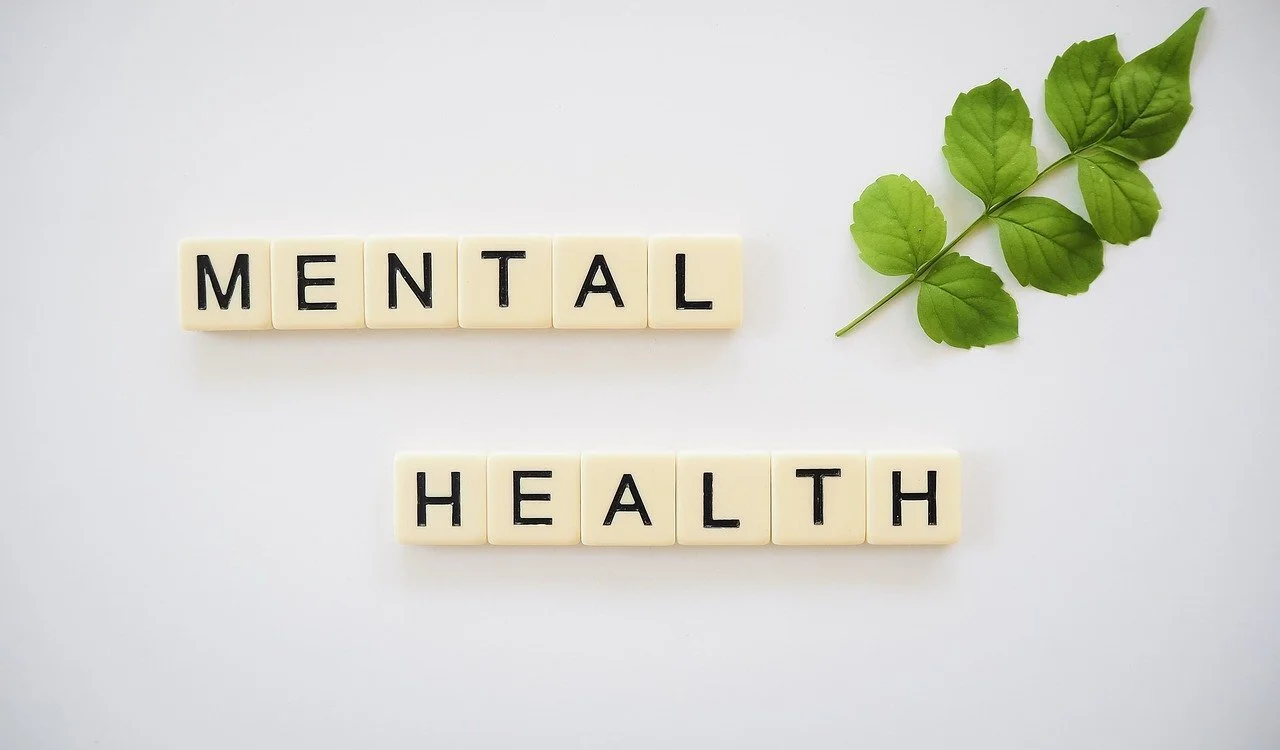Blue lights and sirens
Views on how and why people with EUPD / BPD engage with emergency services.
[TW] I want to write about something that’s been on my mind a lot lately. It is often said that people with BPD / EUPD are somewhat ‘blue-light seekers’. That is, they crave input from the emergency services - police or ambulance. Another catchy phrase that is often applied, refers to us as ‘frequent flyers’ in A&E because due to self-harm, suicide attempts or other crises, people with PDs can present there regularly. On one level, I can see why these reputations have developed and although they are negative stereotypes, they do reflect reality to some degree. I don’t mean in the sense that all people with EUPD are attention seekers or deliberately act in ways to get themselves seen by the emergency services. Rather, I think it needs to be noted that up to 70% of people with EUPD attempt to take their own life at some point and 10% of those with the diagnosis succeed. This alone shows how desperate and overwhelmed those with the condition feel when things get bad. When we feel this low, this terrible, we are encouraged by society to ask for help - this help, at least out of hours, generally ends up being from the emergency services.
“70% of people with EUPD attempt to take their own life at some point and 10% of those with the diagnosis succeed”
I know in the past, I have spoken to other agencies about how bad I am feeling and to be frank, they just don’t know what to do or don’t have the capacity to cope. As a result, things get escalated and before you know it, police are asked to come round to carry out a welfare check or you find yourself in the back of an ambulance or in the waiting room at A&E. Not only that but also, it needs to be taken into account that people with EUPD often have histories which make them contact seeking, note NOT attention seeking. The histories are all different and personal to the individual but often offer an explanation as to why contact is so desperately sought, especially at times of crisis. Considering that another symptom of EUPD is instability in relationships, it may be the case that in these crises the individual has no friends or family from whom to seek contact thus calling in the professionals, who by their nature are around 24/7.
During my last period of sustained crisis, immediately before I was admitted to hospital and sectioned after trying to take my life, I remember that the rational side of my mind was incredibly desperate to be somewhere safe and kept away from the irrational, emotional side that was driving my suicidality. I have always been a law abiding citizen and I have a very strong moral code but I was seriously considering committing a crime just so I could get arrested and placed in a police cell where I could do no harm to myself. If this is blue-light seeking behaviour then so be it but I defy anyone to say I was considering doing it for attention, I was extremely vulnerable and distressed - this is the part that these stereotypes neglectfully and irresponsibly miss out.
Quite honestly, now that I have not self harmed or had other cause to be engaged with the emergency services for some time, part of me does miss and long for the contact. But it’s not because I yearn for the drama of the sirens and emergency response, it is because I miss someone demonstrably caring for me. I know professionals get paid to care and ultimately they are only doing their job so it is not the kind of care I truly seek but at the time when I feel absolutely desperate, it is always there because it has to be. When it feels like you can’t get it anywhere else, this is important.
Nevertheless, things are never that straightforward and currently I am just as triggered by blue lights and sirens as I am attracted to them. Lately, I have been having intrusive thoughts and images regarding the above mentioned suicide attempt. Due to its nature, I have very limited memories of the time but I do know many healthcare professionals were involved in my emergency treatment and that they quite literally saved my life. I used to enjoy watching tv programmes about hospitals / paramedics etc but now I really struggle every time I see one or an ambulance drives past me on the street.
It bothers me that people judgementally assume that individuals with my diagnosis enjoy chasing blue lights. Things are rarely as straightforward as they appear and EUPD is in fact very complex, as are our relationships with the emergency services.





